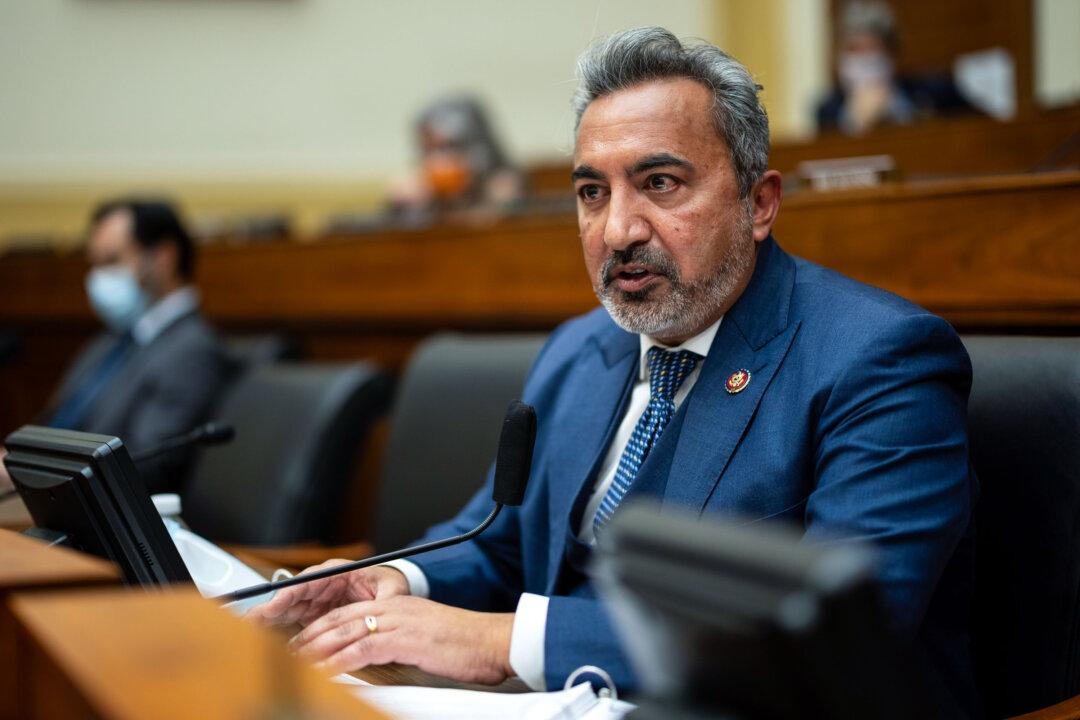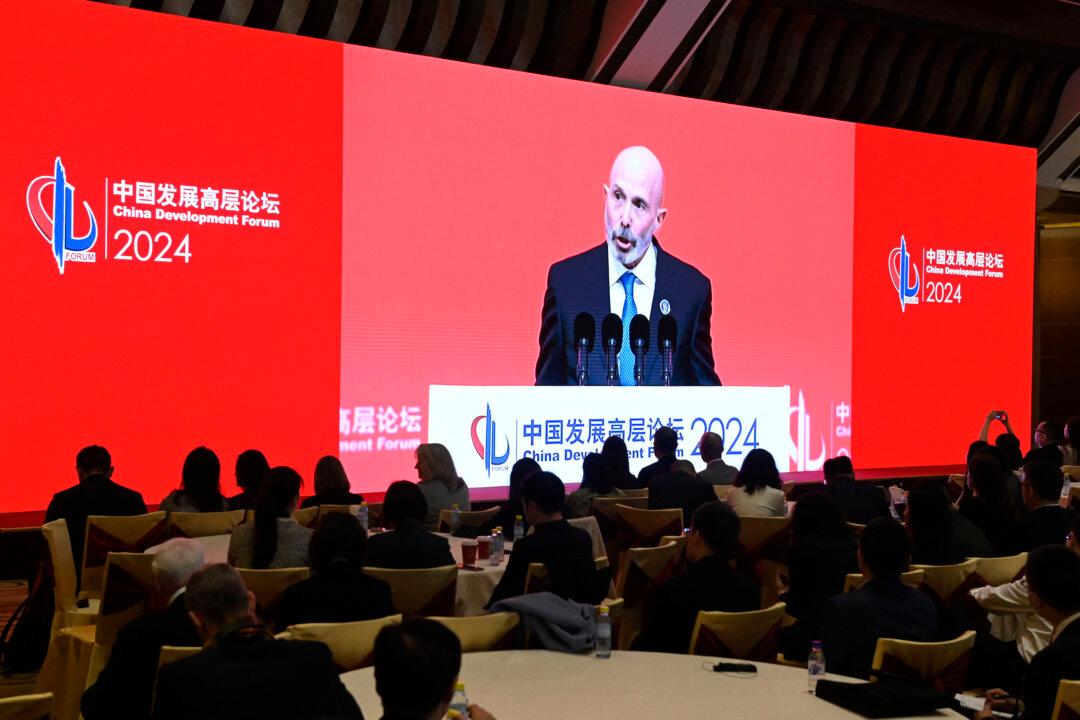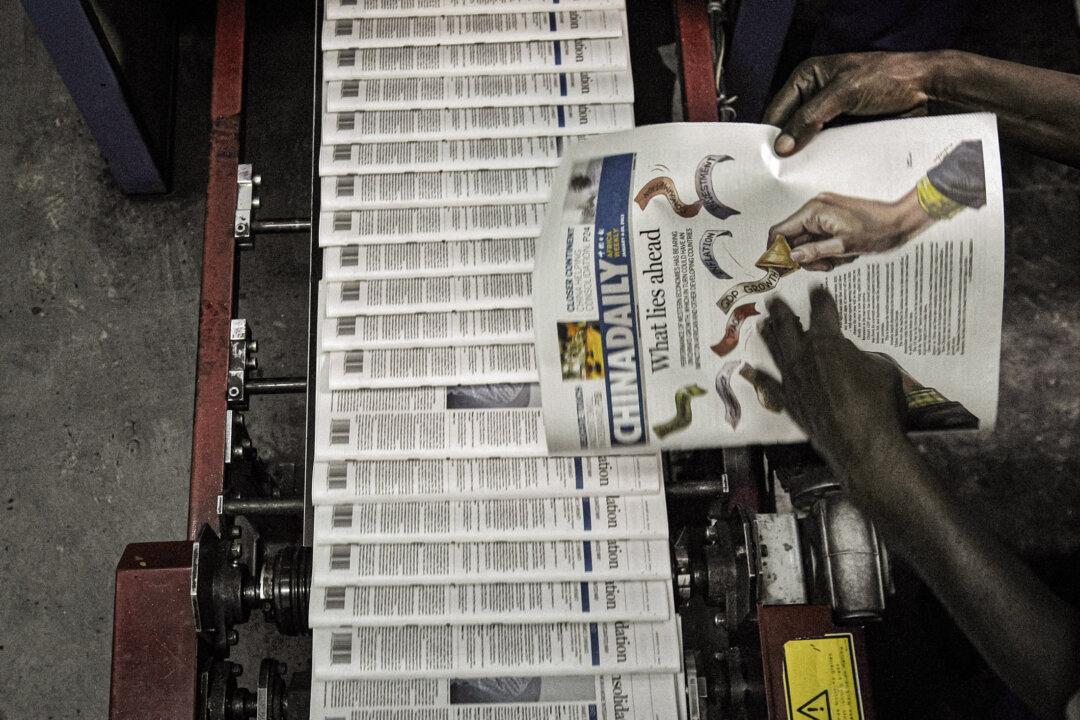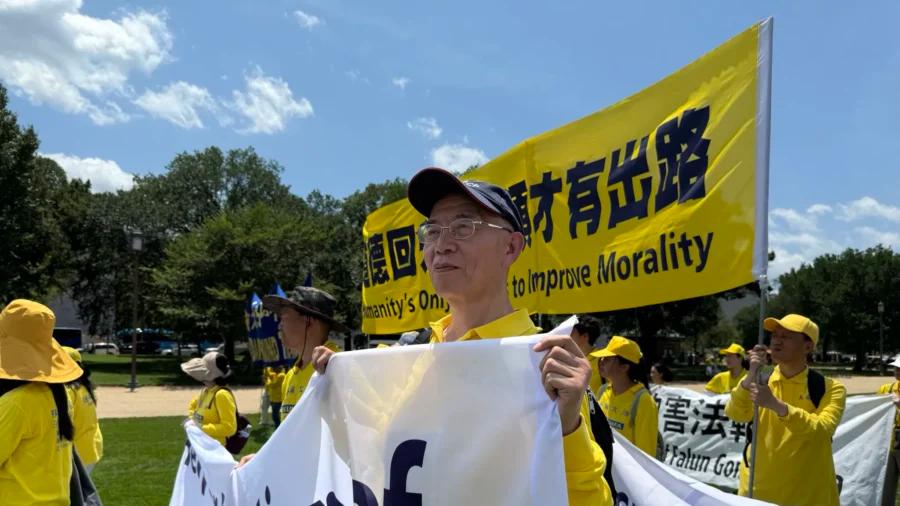A bipartisan group of U.S. lawmakers has called on the international community to condemn new guidelines imposed by the Chinese Communist Party (CCP) that target Taiwanese citizens deemed advocates of Taiwan’s independence.
The CCP’s guidelines, issued on June 21 and with immediate effect, permit trials in absentia with the death penalty as the maximum sentence. The so-called crimes include promoting Taiwan’s participation in international organizations and facilitating the island’s diplomatic and military exchanges with other countries, according to the text released through Chinese state media Xinhua.





